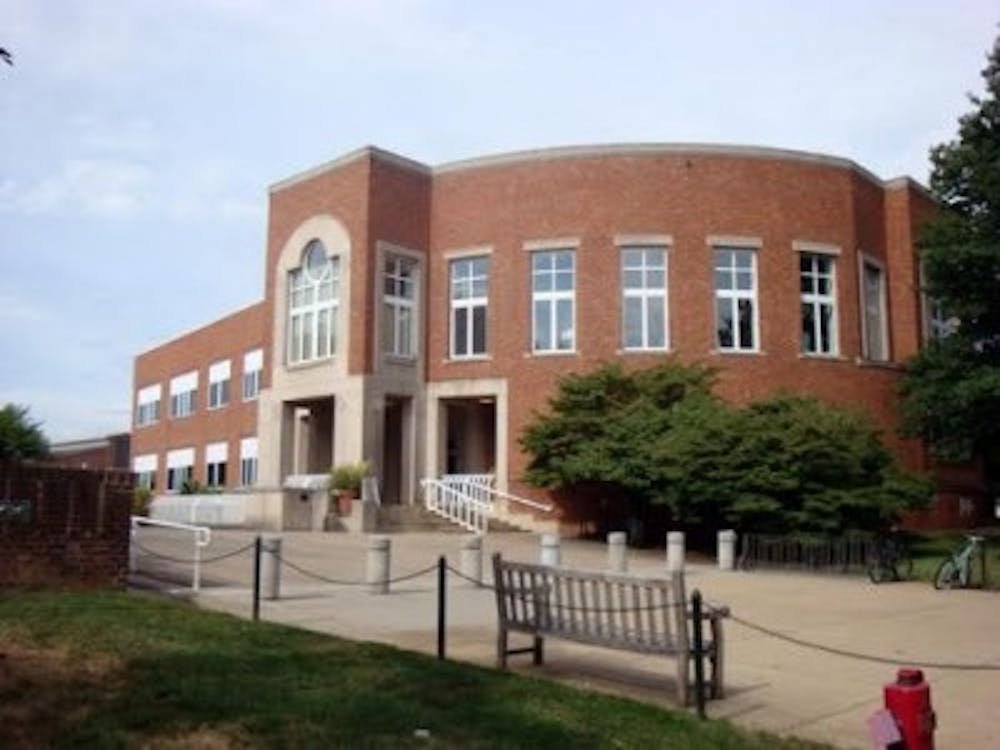The astronomy, biology, chemistry, environmental sciences, physics and math departments all offer classes specifically for non-STEM majors to fulfill their area requirements, broaden their knowledge and pique their interest in the respective subjects.
These classes include “Genetics for an Informed Citizen” and “Human Biology and Disease” in the biology department, “Financial Mathematics” and “The Shape of Space” in the mathematics department and “How Things Work” in the physics department, among many other courses.
BIOL 1210, “Human Biology and Disease”, has been taught by Sandra Seidel, a Biology prof. and assistant dean of the College of Arts and Sciences, for the past 12 years.
According to Seidel, the course is a practical anatomy and physiology course for first and second year students who do not intend to major in the sciences. Seidel said she intends to discuss each of the physiological systems in enough depth to provide students with the ability to understand various diseases associated with them. She said that she intends for the class to prepare students to navigate healthcare decisions they make in the future for themselves and their families.
Biology Prof. Douglas Taylor teaches another such class in the biology department, BIOL 1040, “The DNA Revolution in Science and Society”. This class also aims to provide non-STEM students with basic literacy in genetics and genomics and demonstrate why the field is so important in law, public policy and ethics.
“I like to say if one of these students is my senator or my governor, will they make public policy that is informed by science?” Taylor said. “And that would be my job to get them on the right track there.”
The makeup of these classes tends to be mostly first and second year students, and often undeclared students and students who are not STEM majors, though a few STEM majors do enroll.
However, according to Seidel, she has taught students that originally were not STEM majors, but after her course went on to take more biology and chemistry courses.
Taylor also states that he often has a handful of fourth-year biology majors in his class and that they also benefit from the course.
“They get into my class and understand how patent law works, whether you own your genes or not, and those are just not questions they’ve been taught within the major,” Taylor said. “People within the major, in my experience, have gotten a lot out of it.”
Since these classes are offered primarily as a way for non-STEM majors to complete their Natural Science and Mathematics area requirements, they differ in a few key ways from courses offered to students wanting to major in a STEM field.
According to Biology Prof. Paul Adler, he does not cover as much material or go into as much depth in his BIOL 1050, “Genetics for an Informed Citizen”, class. He said he does not expect students to have a background in chemistry, statistics or math, and thus attempts to minimize topics and experiments that rely heavily on those disciplines.
Likewise, Taylor typically focuses about a third of the time on the science behind genetics and genomics, and the other two-thirds of the time on the relevance of the field. He said this contrasts with an upper-level genetics class, in which the time would be spent almost exclusively on the science of genetics to a much more detailed extent.
Seidel also states that her class is meant to be a terminal class, as opposed to other classes for biology majors that build on each other.
“It’s not a class that has to prepare students for upper level classes in the sciences,” Seidel said. “It’s a terminal course that may be the one and only [science] course that college students ever take, and ideally it will be very practical to understand decisions that they have to make about their own healthcare.”
Though many students take these classes to fulfill area requirements, Seidel hopes that non-STEM students continue to take STEM classes.
“I hope that students take additional science courses to pursue that interest beyond what they ‘have to’ just to increase their science literacy and to increase their health literacy,” Seidel said.







